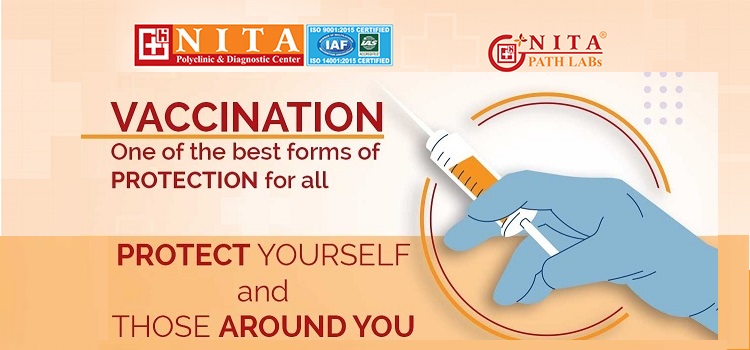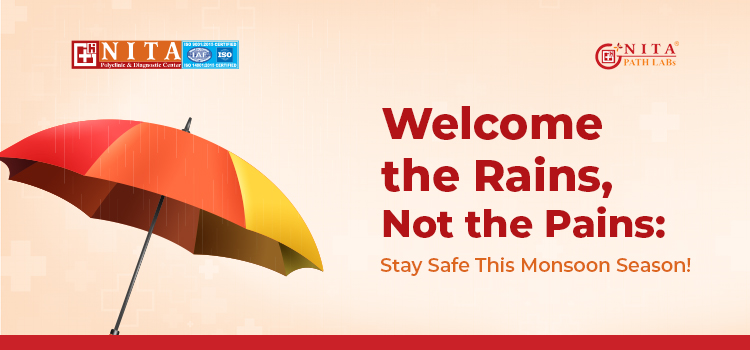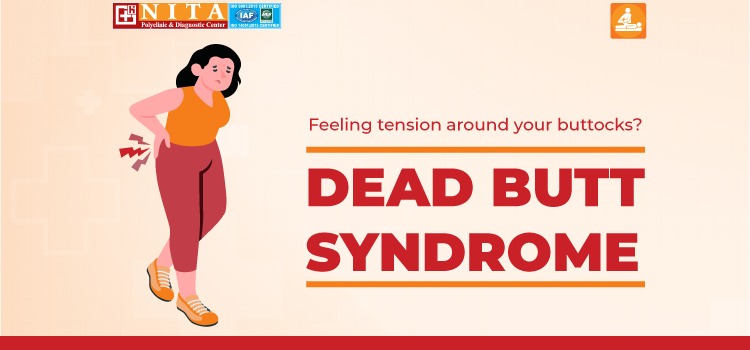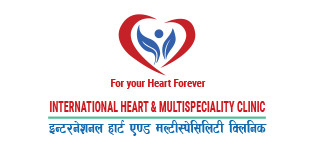Adults and Kids, they all need vaccination
- 2023-04-27
Vaccination is
a simple, safe, and effective way of safeguarding you against deadly diseases.
The last week
of April is celebrated as World Immunization Week, by the WHO, with an aim to
highlight the importance of vaccines to protect people of all ages against
diseases.
Vaccines
reduce the risk of being infected by a disease by building the body's natural
defense system. 1
WHY ADULTS
NEED VACCINES TOO
Vaccines
protect against severe health consequences
Vaccination
can provide protection not only against the disease but also against the
complications as well. For example,
Flu vaccine:
One annual shot helps to avoid infection and reduces the chances of being
hospitalized, and risk of mortality as well.
Human
papillomavirus (HPV) vaccine: HPV is a leading cause of cervical cancer and can
cause other cancers in both women and men. A simple vaccine can protect you
from the immediate effects of the virus as well as from the various cancers it
can trigger.
Hepatitis B
vaccine: It can prevent liver damage and liver cancer caused by the Hepatitis B
virus (HBV).
A key to
solving antibiotic resistance
Popping an
antibiotic every now and then, without consulting a doctor, amplifies the
serious threat around 'Antibiotic Resistance'. When a bacteria develops the
ability to defy the effect of an antibiotic, making it ineffective, this is
called antibiotic resistance. Globally, antibiotic-resistant germs have been
the reason for more than 1.2 million deaths in 2019, according to a new
estimate published recently in the Lancet.[2] Vaccines play an important role
in ensuring that infections do not occur in the first place.
Vaccines
safeguard your loved ones too
From being too
young or too old or if they have a weakened immune system, some people might
not be eligible for vaccinations. But by staying up-to-date with your vaccines,
you can prevent the spread of an infection and protect them.
Approved
vaccines are safe and effective
All vaccines go through clinical trials and rigorous protocols to test for safety and effectiveness. Though there can be some side effects, most people experience only mild ones. They usually go away on their own within a few days. Serious or long-lasting side effects are extremely rare.
Finding it difficult to get the vaccine you need? Explore our range of vaccines.
WHO NEEDS
VACCINES THE MOST?
Depending on
their medical history or health status, one might have different requirements
for vaccines, some people are more likely to develop infectious diseases. For
example,
Children
Infants and
young children do not have fully developed immune systems. Keep their
immunizations up-to-date.
Pregnant Women
The immune
system can be weaker than usual during pregnancy, which leaves you more
susceptible to diseases like the flu. Additionally, certain vaccines may
protect the baby during its development or even after delivery.
Elderly and
those with comorbidities
People over
the age of 65 often have compromised defense systems. Also, people naturally
become more susceptible as they age. Similarly, individuals with health risks
like diabetes, heart diseases, lung or kidney diseases, etc need to discuss
immunizations with their doctor specifically.
Based on your medical history or health status, a doctor can be your best guide for vaccine recommendations.
References:
https://www.who.int/health-topics/vaccines-and-immunization
https://www.thelancet.com/journals/lancet/article/PIIS0140-6736(21)02724-0/fulltext
Medically Reviewed by
Dr.Ramendra Kumar Raman, PhD, Clinical Research


























Leave Comment